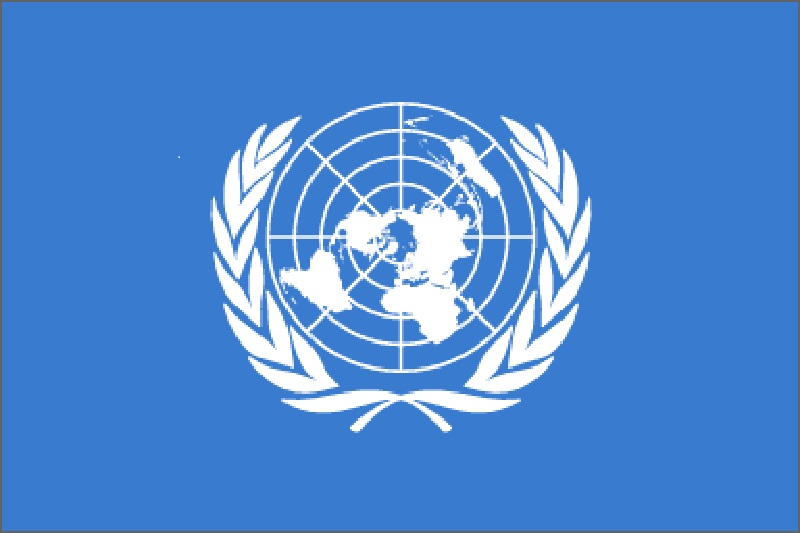With the ending of the Cold War in 1991, the UN greatly increased its capacity for peace-keeping. During the turbulent years that followed however, it suffered lack of direction as evidenced in the failure to keep the peace in Rwanda, the Congo in 1994, in the Srebrenica, East Bosnia genocide incident in 1995 and in Somalia, also in 1995.
Since then, the UN’s peacekeeping presence has been accounted a success in Sierra Leone and Burundi. Today the 125,000 “blue berets” are stationed predominantly in central and western Africa and in India and Pakistan, supported by a UN budget of £5.25 billion.
Why does this concern us here in Rye and District, a peaceful centre of the globe?
At a time when many politicians, with a large degree of public support, advocate upgrading of their national military defence systems, including nuclear weapons, it is more important than ever to re-evaluate the rationale for international peace-keeping.
A public meeting will be held on Saturday November 17 in Bexhill to challenge the classical deterrence theory and argue the case for greater resources being devoted to international conflict resolution through peace-building. This is of concern to us all.
This joint peace event is organised by the United Nations Association of Bexhill and Hastings and the Bexhill Quakers branch of the Society of Friends. All are welcome, there is free entry with light refreshments. Useful background information can be found here.
Date and time: Saturday, November 17, 1:45-5pm
Venue: The Friends Meeting House, 15 Albert Road, Bexhill, TN40 1DG
For more information contact Sheila Kesby, UNA-Bexhill and Hastings by email: s.kesby339@btinternet.com or tel: 01242 22536
Image Credits: United Nations .



